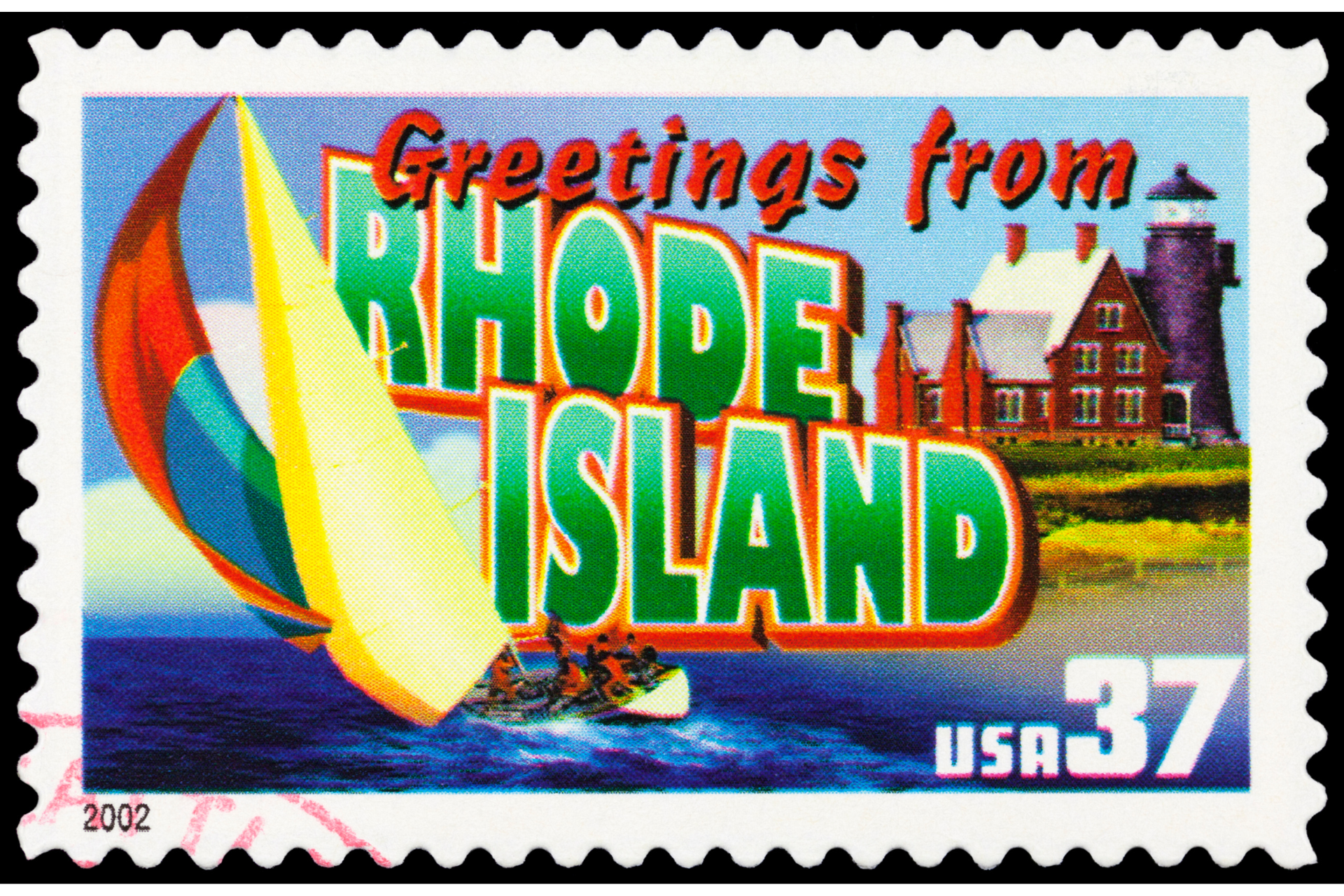As the federal government discusses economic relief for individuals and companies affected by the COVID-19 coronavirus pandemic, Puerto Rico is seeing new support for an old idea: a manufacturing tax credit.
Forbes, in an article focusing on fears of medical shortages during the ongoing pandemic, reminds readers of Section 936, a special tax break that allowed U.S. corporations to pay essentially no corporate taxes on goods made in Puerto Rico. Forbes quotes the Government Accountability Office (GAO) in reckoning that pharmaceutical companies in particular benefited to the tune of $86 million from Section 936 just in 1985.
The same GAO report calculates that pharmaceutical companies actually saved $2.67 in federal tax payments for every $1.00 they spent on wages for workers in Puerto Rico. The tax breaks were based on the profits the companies made, not the employees they hired or the investments they made in Puerto Rico communities. Hirings and investments were generally minimal.
Pharmaceuticals production in Puerto Rico
That doesn’t mean that Puerto Rico is not a major player in the pharmaceuticals industry. In fact, in spite of the end of Section 936 and the disruption of hurricanes and earthquakes, Puerto Rico continues to be important in medical manufacturing.
11 of the top 20 drugs are currently made in Puerto Rico, as are half the top 10 bestselling drugs. These include medications like Lyrica, Humira, and Herceptin. Puerto Rico produces 25% of all U.S. pharmaceutical exports, far more than any state, and pharmaceuticals account for more than half of all exports from Puerto Rico.
However, production of cheaper generic drugs and raw materials used as components of drugs have largely moved to China. Forbes reports that 97% of antibiotics used in the U.S.now come from China. While antibiotics will not be useful in meeting coronavirus challenges, it’s a telling statistic. U.S. pharmaceutical companies have an important presence in Puerto Rico, but long before the outbreak of COVID-19, the FDA was concerned about over-reliance on China for drugs and medical devices.
There are currently 49 pharmaceuticals plants in Puerto Rico, according to the government website, Strategic expansion of these factories or investment in new plants could help the economy of Puerto Rico while also providing alternative sources for items currently made in China.
Industry Week echoes the concerns Forbes describes, calling the loss of U.S. pharmaceuticals production “catastrophic.” Fears about shortages of drugs and devices made in China in light of the trade war and pandemic are, they admit, realistic.
“Our first priority today must be reshoring production of the most vital medications,” they say. “Our medium-term priority must be to begin rebuilding U.S. manufacturing for national security, patient safety, and economic reasons. And the fundamental change we need is to replace ‘shareholder value’ with a national economic strategy that makes broadly shared prosperity, strategic security, and economic growth our top priorities.”
The author is not talking about Puerto Rico in particular, but as Senator Tim Kaine (D-VA) said recently, if “medical supplies are going to be treated as a matter of national security, Puerto Rico is very well prepared for two reasons: it is a pillar of the pharmaceutical industry and it is an economy with a strong manufacturing base.”
Tax credit needed?
Forbes suggests these actions:
- Exempt generic drug manufacturers from corporate taxes in Puerto Rico.
- Create a ‘most-favored nation’ Puerto Rican tax rate for pharmaceutical intellectual property.
- Phase out the tax exemption for Puerto Rican bonds.
The article claims that the loss of Section 936 was bad for Puerto Rico’s economy, and that a new version of that law would be helpful. That was tried without success in 2017 federal tax reform efforts. As then-Senate Finance Chair Orrin Hatch later put it in 2018, “If being somehow left out of tax reform means that provisions to provide some sort of tax haven status as some in Puerto Rico asked for, then I think that the proponents of such a view do not understand recent history.”
The current Chairman of the Senate Finance Committee, Sen. Charles Grassley (R-IA), was quoted by El Nuevo Dia regarding the bill currently being considered, “Puerto Rico will not be left out of those considerations.”
Grassley told El Nuevo Dia, a major news outlet in Puerto Rico, that he supported working to increase pharmaceuticals production in the territory, but also said that “any attempt to revive section 936 of the federal Internal Revenue Code must begin by analyzing ‘the abuses that caused the termination’ of that tax section.”
Current Efforts to Carve Out Special Tax Treatment for Puerto Rico Manufacturing Face Uphill Climb



Pingback: The Elimination of Section 936 - AG&T